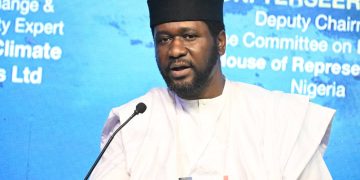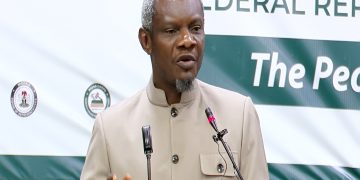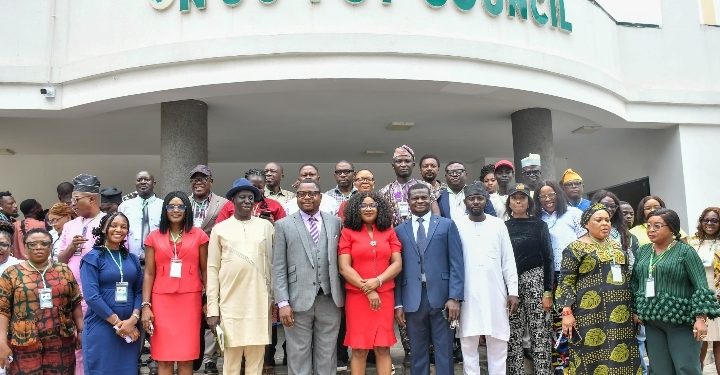By Comfort Olayinka
Chevron Nigeria Limited, in partnership with the Nigerian Union of Journalists (NUJ), Federal Capital Territory Council, has trained over 70 journalists in Abuja on the use of Artificial Intelligence (AI) to enhance news reporting, combat misinformation, and improve overall efficiency in the media industry.
The one-day workshop, themed “Harnessing Artificial Intelligence in Journalism,” was organized under the sponsorship of the NNPCL-Chevron Joint Venture, with a strong focus on equipping journalists with the tools to thrive in an increasingly digital and fast-paced media landscape.
Speaking on behalf of Chevron Nigeria’s General Manager of Policy, Government and Public Affairs, Olusoga Oduselu, Mr. Victor Anyaegbudike emphasized the vital role journalists play as agenda-setters and public opinion moulders. Oduselu highlighted Chevron’s longstanding commitment to media development through initiatives like the AWARES (Advanced Writing and Reporting Skills) programme, which has trained over 120 journalists since 2014.
“We recognize the need for continuous capacity building among media professionals,” Oduselu said. “This AI-focused workshop aligns with our vision of fostering professional growth while supporting national development.”
NUJ FCT Chairman, Comrade Grace Ike, hailed the training as timely and transformative, urging journalists to embrace AI as a vital tool in modern journalism. She noted that AI is reshaping how stories are gathered, verified, and shared—enhancing accuracy, speed, and audience engagement.
“We are at a defining moment in journalism,” Ike declared. “AI not only combats misinformation and deepfakes but also strengthens the credibility of our work. Embracing it is not optional—it’s essential.”
In her remarks, she commended Chevron for its continued investment in media empowerment and for helping journalists become digital-era trailblazers.
Resource persons at the workshop included Busola Ajibola of the Centre for Journalism Innovation and Development, who warned that journalists who fail to adopt AI risk professional obsolescence. “Adapt or be left behind,” she said, while encouraging proactive learning.
Another speaker, Dr. Emman Usman Shehu of the International Institute of Journalism, represented by Dr. Simon Musa Reef, emphasized the importance of utilizing the Freedom of Information Act to hold public officials accountable. He noted the 2025 Supreme Court ruling affirming that the FOIA applies across all levels of government, a decision that significantly strengthens press freedom.
Also speaking, media rights advocate Dr. Lemmy Ughegbe shed light on the mental health risks journalists face in the digital era, citing online harassment, misinformation wars, and surveillance. “Protecting mental health is not selfish—it’s a professional duty,” he stated, urging newsrooms to prioritize journalist well-being.
The workshop marked the latest in Chevron’s ongoing capacity-building efforts, previously held in Lagos, Delta, and FCT in 2023 and 2024. Participants hailed the training as both eye-opening and empowering, equipping them to navigate the challenges and opportunities of AI-driven journalism.











































